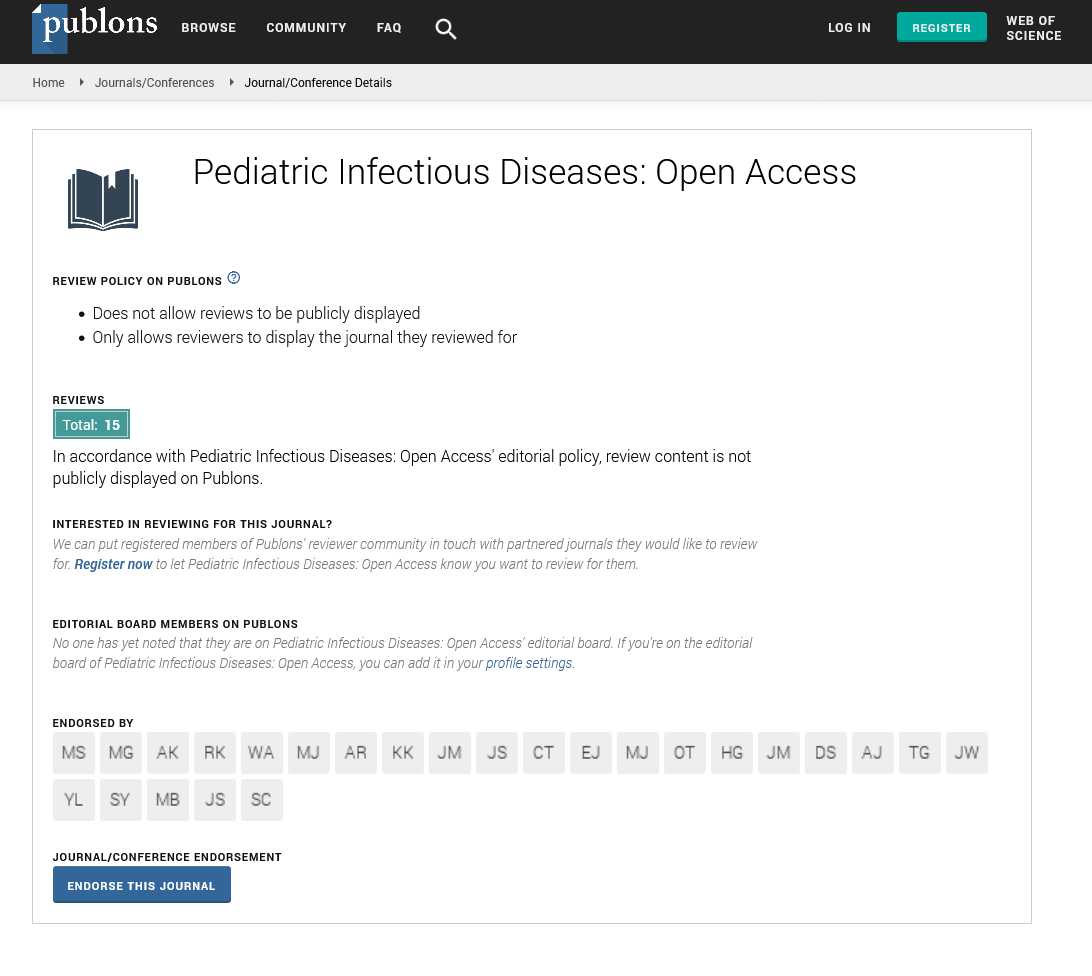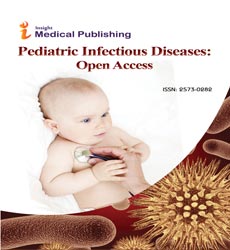Abstract
Bacteriology of Adenoids in Children with Adenoid Hypertrophy despite Mometasone Furoate Administration
Abstract
Introduction: Topical nasal corticosteroids have been reported to be an effective nonsurgical alternative treatment to control nasal symptoms related to adenoid hypertrophy, but not in all patients. The current study investigates the bacteriology of adenoids in children with non-reduced adenoid size despite mometasone furoate (MMF) administration.
Methods: The patients were randomly divided into two groups: the MMF-administered group and the non-MMF administered group (N-MMFA) afterwards, the MMFadministered group was classified into subgroups according to endoscopic grading as reduced and non-reduced adenoid size. N-MMFA and MMF-administered with non-reduced adenoid size groups (MMF-A/N-RAS) underwent adenoidectomy and the deep bacterial flora of adenoid core specimens taken from these patients were cultured.
Results: No significant differences were detected in terms of the mean number of organisms isolated per patient in MMF-administered but non-reduced adenoid size group and non-MMF administered group. On the other hand, the variety of bacterial species was decreased in MMFadministered but non-reduced adenoid size group when compared to non-MMF administered group. The study groups did not differ in the occurrence of semi quantitative growth. This study demonstrates that MMF has no significant effect on reducing the bacterial load of adenoids in children with MMF-A/N-RAS.
Author(s):
Mehmet Kulekci, Muzeyyen Mama Torun, Havva Duru Ipek, Sinem Ozdemir, Gunay Can, Omer N Develioglu, Hrisi Bahar Tokman
Abstract | Full-Text | PDF
Share this

Google scholar citation report
Citations : 230
Pediatric Infectious Diseases: Open Access received 230 citations as per google scholar report
Pediatric Infectious Diseases: Open Access peer review process verified at publons
Abstracted/Indexed in
- Google Scholar
- China National Knowledge Infrastructure (CNKI)
- Cosmos IF
- Secret Search Engine Labs
Open Access Journals
- Aquaculture & Veterinary Science
- Chemistry & Chemical Sciences
- Clinical Sciences
- Engineering
- General Science
- Genetics & Molecular Biology
- Health Care & Nursing
- Immunology & Microbiology
- Materials Science
- Mathematics & Physics
- Medical Sciences
- Neurology & Psychiatry
- Oncology & Cancer Science
- Pharmaceutical Sciences


